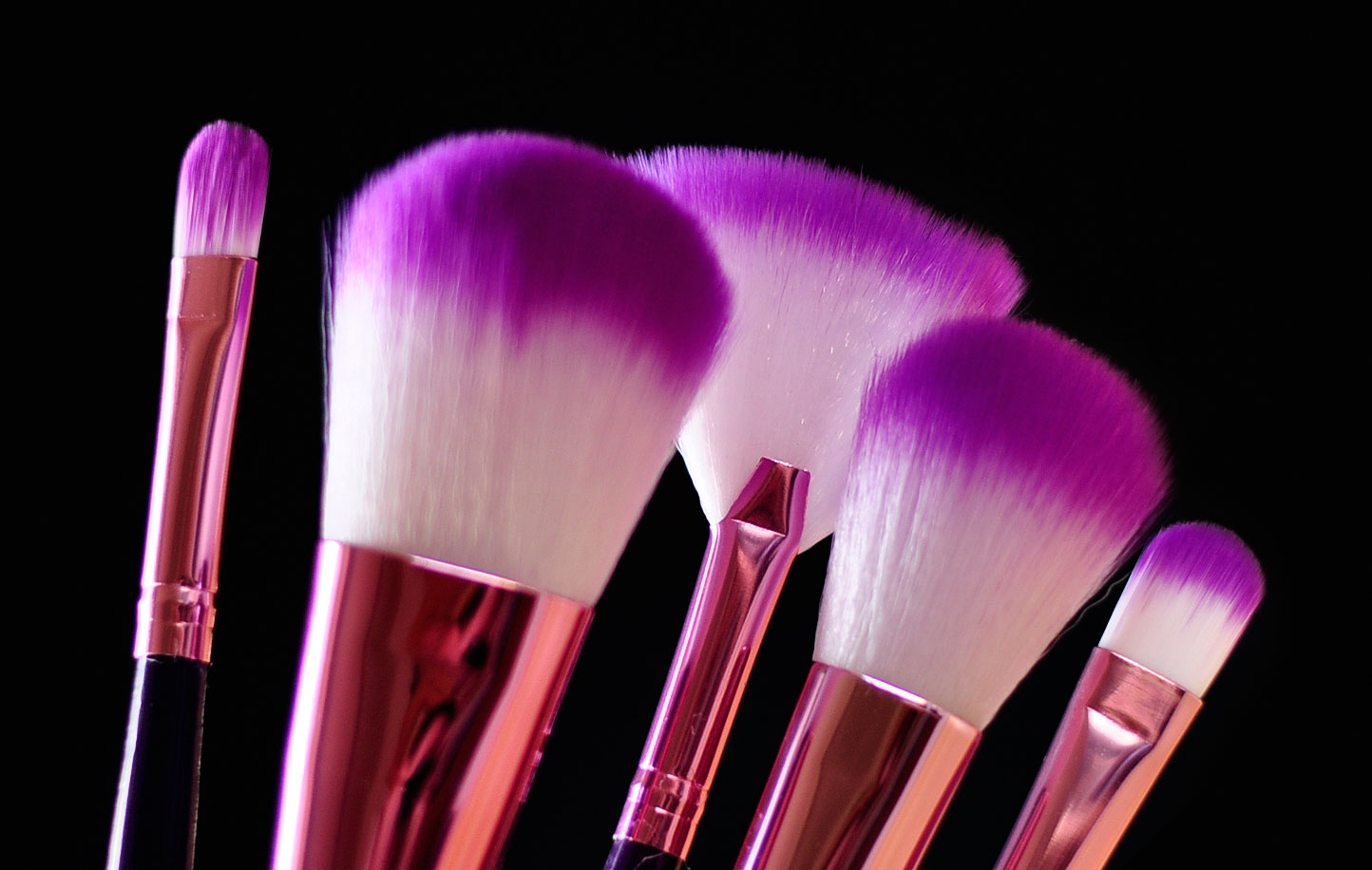What Your Makeup is Really Concealing
posted on: Saturday April 5, 2014
Your makeup could be concealing dangerous toxins. A majority of women use some form of makeup every day, but most are unaware of the toxic chemicalsfound in some of these cosmetics and their links to long-term health problems. People are exposed to toxins by breathing in sprays, swallowing chemicals on the lips, or absorbing them through the skin. So how can consumers protect themselves and stay healthy? Robert A. Norman, DO, an osteopathic family physician from Tampa, Fla., tells us what ingredients to look for on cosmetic labels and provides tips to keep you looking and feeling good.
Check Labels for Toxic Chemicals
“Knowing which chemicals are unsafe is the first point of defense,” says Dr. Norman. “Many beauty products contain chemicals that are pollutants.” Dr. Norman recommends avoiding products that contain toxins, such as parabens, phthalates, and sodium laurel sulfate, a degreaser that’s used to clean engines and is found in 90% of all personal care products. He also recommends avoiding products that contain synthetic dyes and musk, which is labeled as fragrance. “Whichever way it’s worded, it’s still a toxic chemical,” he points out.
What’s the danger? “Many of these chemicals are endocrine disruptors, which may interfere with the body’s endocrine or hormone system. They produce adverse developmental, reproductive, neurological, and immune effects such as cancer, organ failure and birth defects,” says Dr. Norman.
Review Consumer Protection Websites for Product Ratings
Dr. Norman recommends consumers check out Skin Deep, a cosmetics database managed by the Environmental Working Group. It ranks cosmetics containing chemicals with known or suspected health risks. “The site is an especially valuable tool in deciphering which products are really ‘natural,’ ” says Dr. Norman. “Just because a company says its product is all natural doesn’t necessarily mean it is.”
Makeup Makeover
Common cosmetics like lipstick and mascara contain ingredients that are potentially damaging to your health. To safeguard against some of these dangers, Dr. Norman offers the following tips:
- Lipstick: Most lipsticks contain lead and studies show that women ingest pounds of lipstick over the course of a lifetime. When shopping for lipstick, verify that it’s composed of natural ingredients.
- Mascara: Avoid mascaras that contain retinyl palmitate and parabens. These preservatives can mimic estrogen and interfere with the endocrine system.
- Blush: Avoid products that contain rose quartz and silica, which are considered possible human carcinogens and have proven toxic to immune and respiratory systems over prolonged exposure.
- Sunscreens: Discard sunscreens and makeup that contain the ingredient known as octinoxate. While this chemical helps filter UV rays, it’s also been linked to thyroid and brain signal problems in lab animals.
“Next time you put on your makeup, take the time to read and research the ingredients,” advises Dr. Norman. “Always look at packaging and check for labeling that says ‘formulated without’ the aforementioned chemicals. Knowing what to look for is the first step in becoming aware and staying healthy.”
